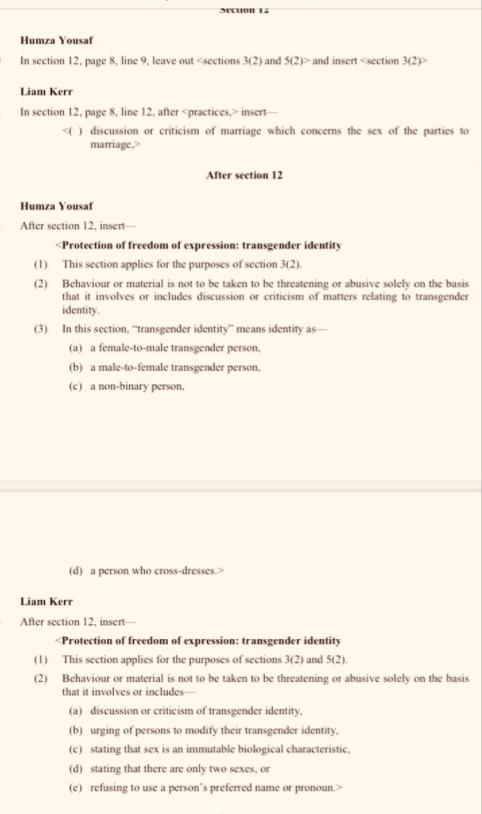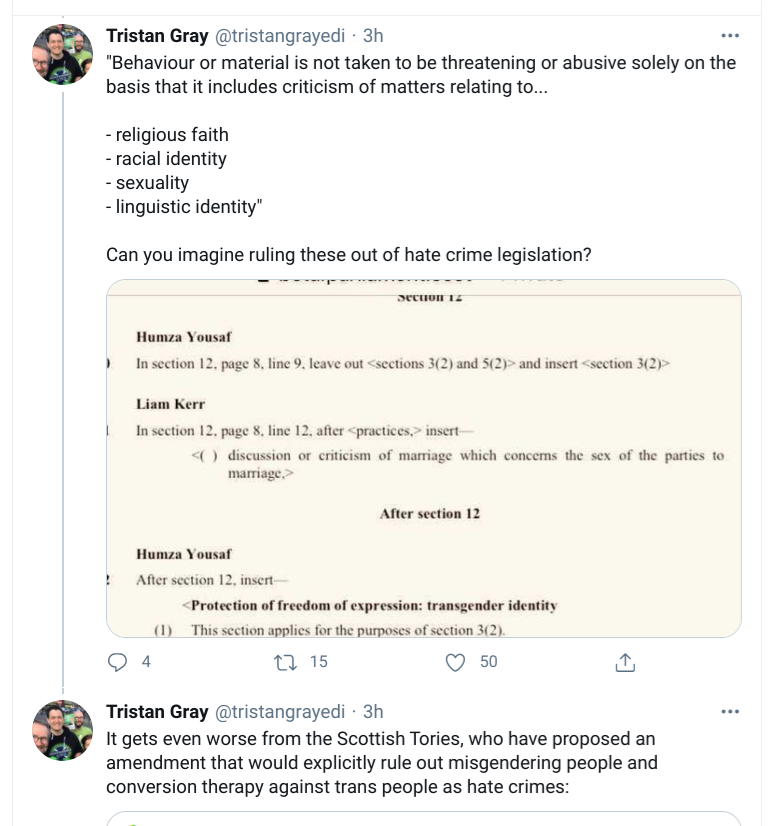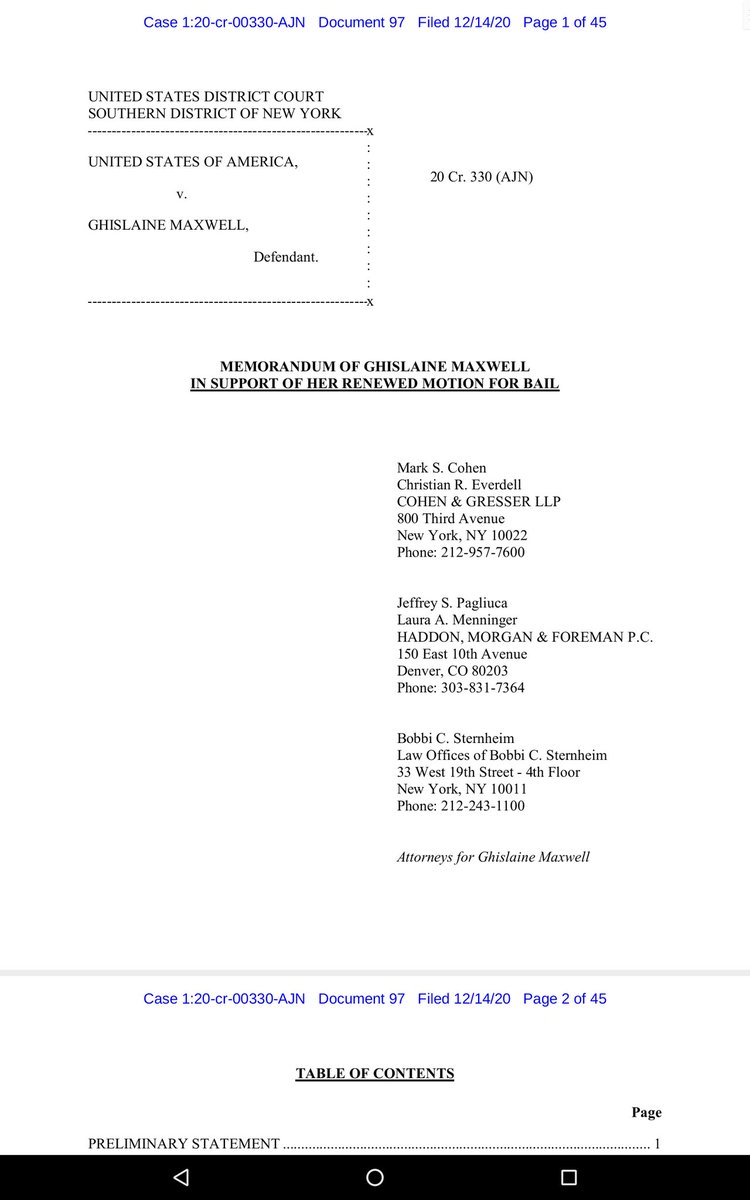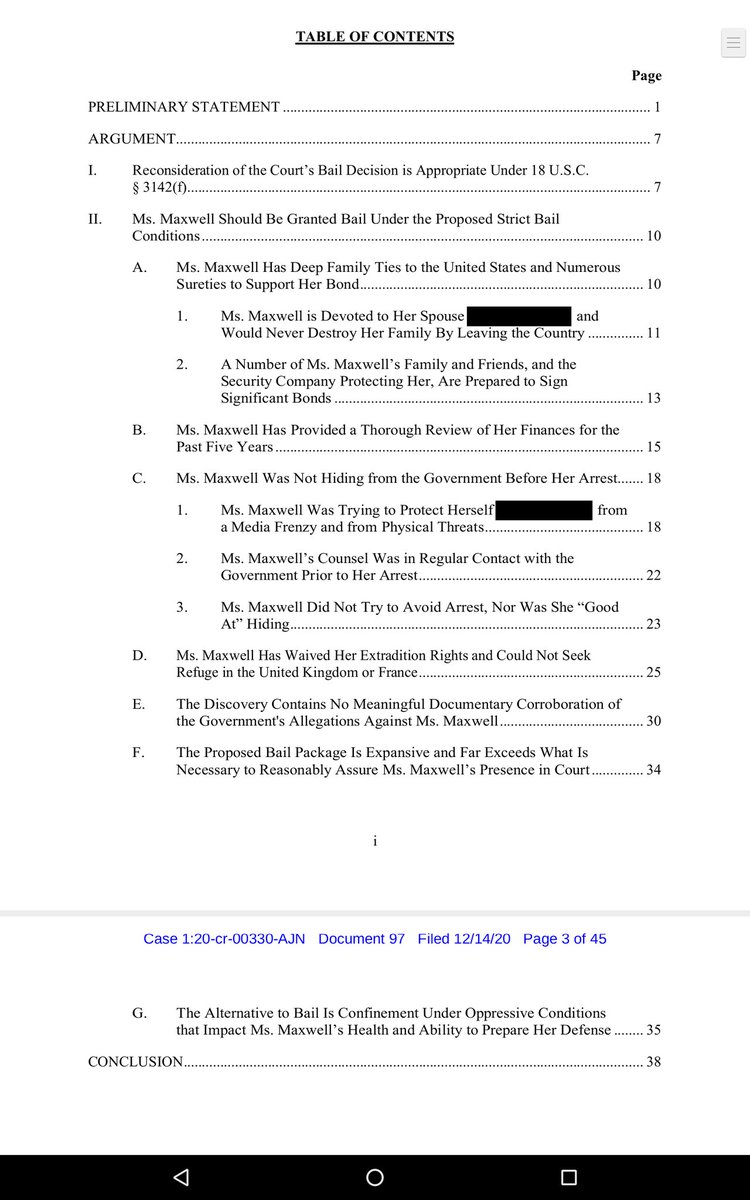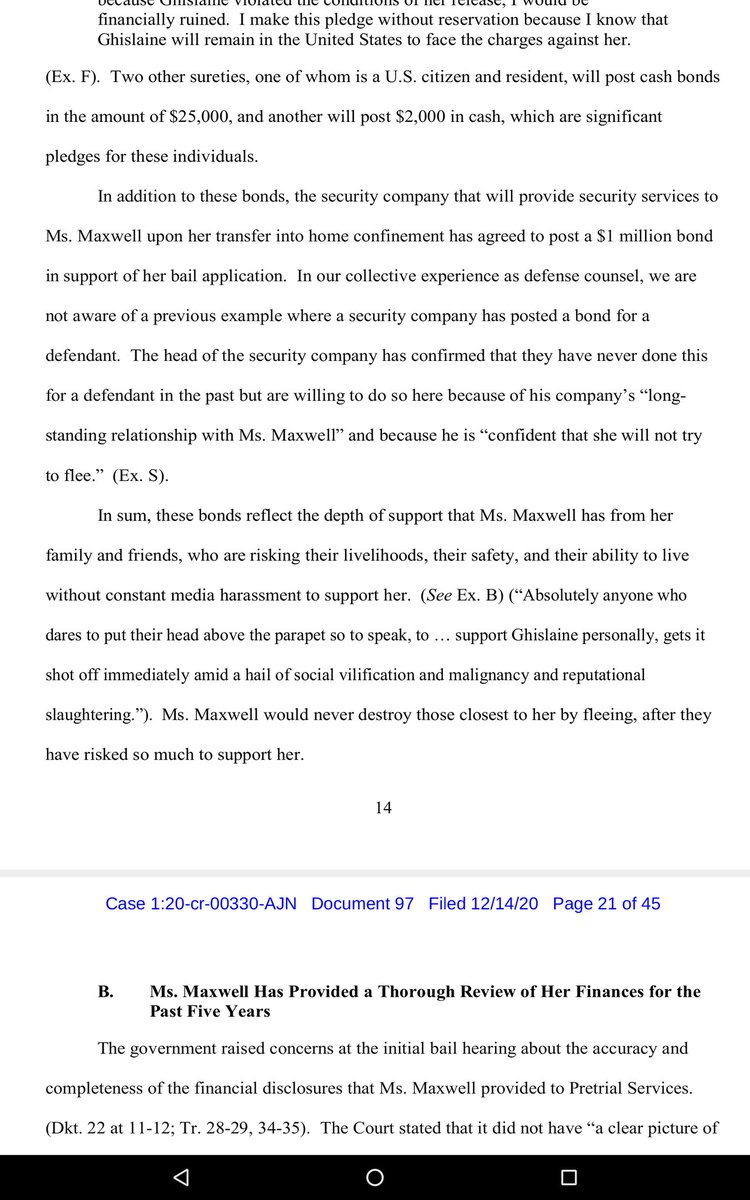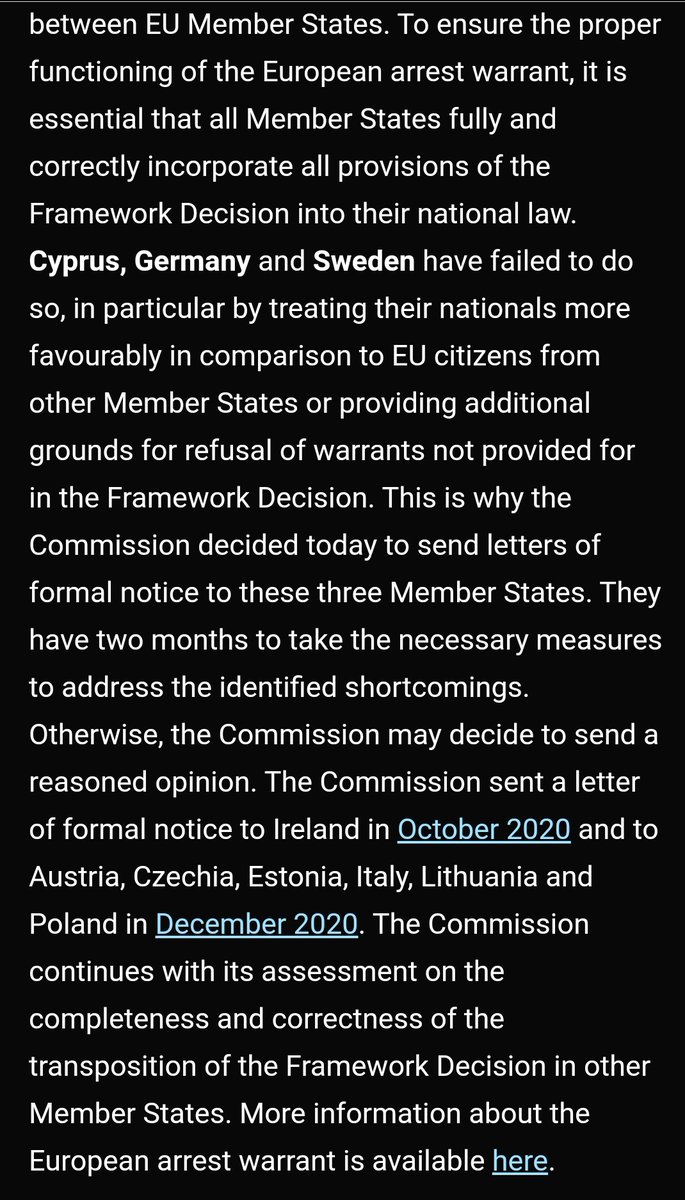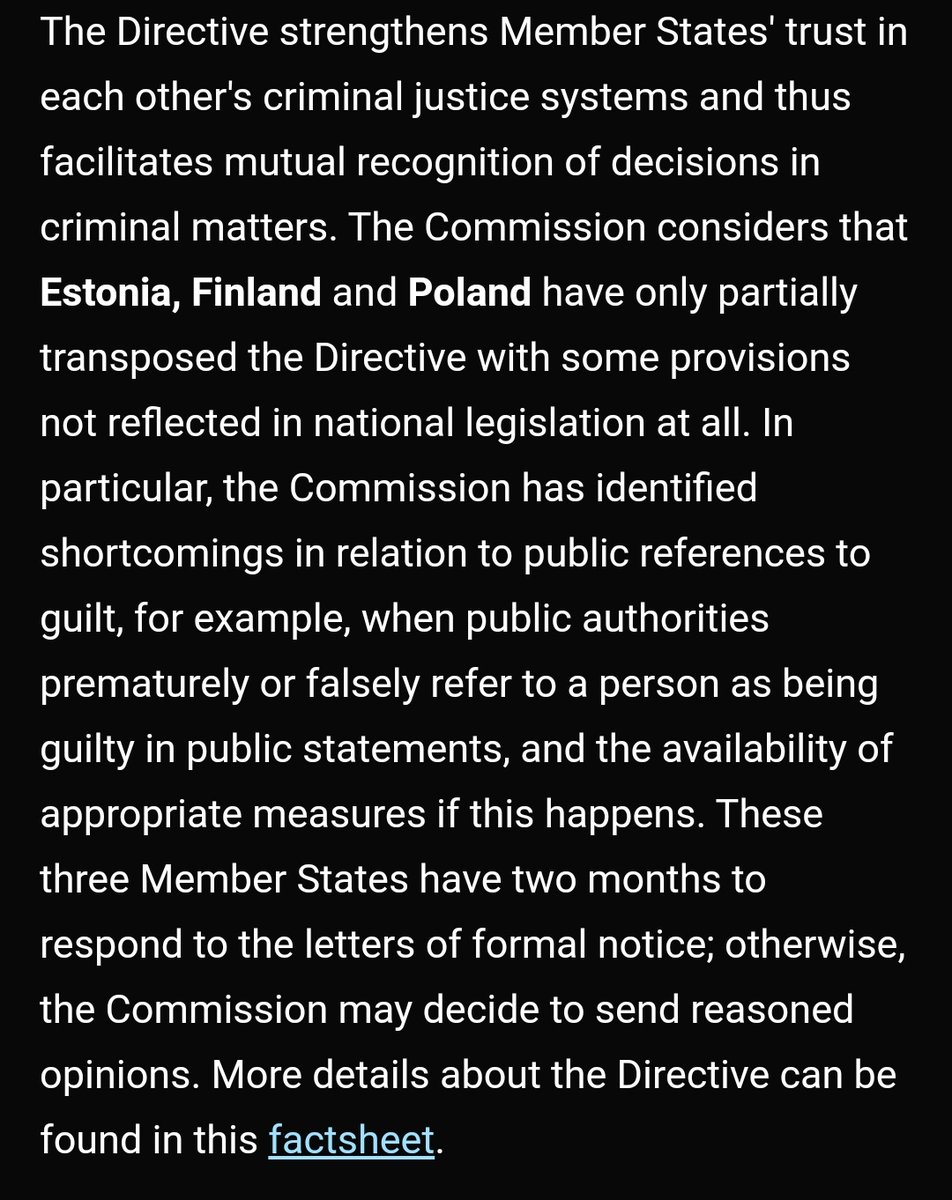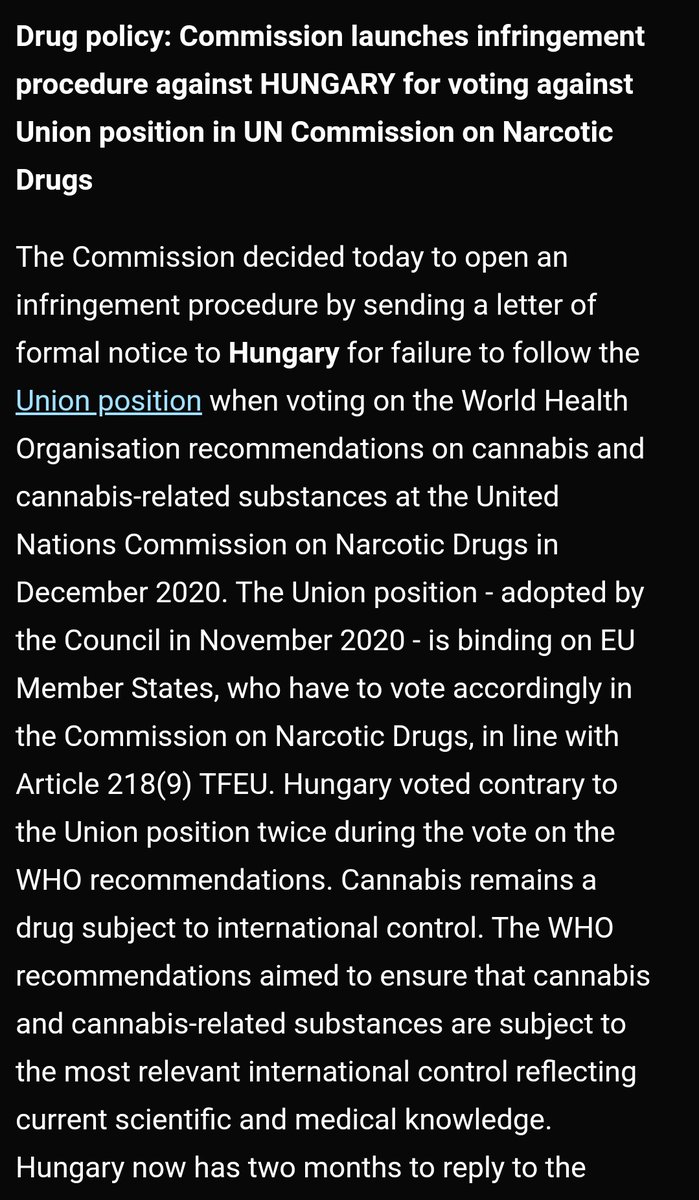Categories Law
Honest Q: Some people argue in good faith that an impeachment trial after POTUS leaves office is unconstitutional. I think they\u2019re wrong. But let\u2019s say they\u2019re right, yet senate does it anyway. Does anyone seriously think SCOTUS reverses verdict (or even can)?
— Jonah Goldberg (@JonahDispatch) January 17, 2021
Suppose Senate convicts and disqualifies Trump from ever holding federal office. Trump files paperwork to run anyway, but state officials deny his application, citing his Senate impeachment judgment. Trump sues, arguing that the judgment is void.
Normally a legal dispute about a prospective candidates eligibility to run would certainly present a justiciable case or controversy. But are courts bound to accept the Senate impeachment judgment as valid? Maybe not. Here’s why:
According to Article I, “The Senate shall have the sole Power to try all Impeachments.” This is a small amount of judicial power vested in Congress. When trying impeachments, the Senate sits as a court.
The Senate’s judicial power includes the power to decide relevant legal questions that arise, such as what procedures are sufficient to constitute a “trial” w/in the Constitution’s meaning. Such legal determinations are conclusive, as SCOTUS held in Nixon v. United States (1993).
Oral argument in scheduled for January 21 at 3 pm in this case & will be telephonic. To listen, call 1-800-768-2983, code: 2640561#. Alternate phone numbers if the toll-free number gives you trouble: 1-907-206-2349 or 1-913-904-9867 or 1-212-231-3884.
— Alaska Court System (@AlaskaCourt) January 20, 2021
Before posting the MCC v. MOA briefs, it's worth noting that the legal arguments made by Rivera's supporters parallel those made by Dunleavy in Recall Dunleavy v. State. Both Rivera and Dunleavy argued that their recall petitions should have been denied by election officials.
So let's play a game called "Who Argued It." Guess which politician, Rivera or Dunleavy, made the following arguments in court:
1. "The grounds for recall stated in the petition are insufficient as a matter of law, and therefore the petition should have been rejected."

2. "Even under Alaska’s liberal recall standards, courts have not hesitated to find petitions legally insufficient when those petitions did not contain sufficient factual allegations of unlawful activity to state sufficient grounds for recall.”
3. "The allegations must be sufficiently particular to allow the official a meaningful opportunity to respond . . . . [and] ensure that voters have the information they need to vote."
And I have thoughts (MY OWN). So, I’m sorry ... a thread 1/25
One of the main reasons I think users are best served by a recognition that social media services have 1st Amendment rights to curate the content on their sites is because many users want filtered content, either by topic, or by behavior, or other. 2/
So online services should have the right to do this filtering, and to give their users the tools to do so too. For more detail see our Prager U amicus brief https://t.co/73PswB9Q7Q 3/
So, I disagree with my friends (and others) who say that every online service should apply First Amendment rules, even though they cannot be required to do so. There are both practical and policy reasons why I don’t like this. 4/
Most obviously, the 1st Amendment reflects only one national legal system when this is inherently an international issue. So it’s politically messy, even if you think a 1st Amendment-based policy will be most speech-protective (though probably only non-sexual speakers). 5/
And as a former EMT let me tell you, you will find dropout cops in training classes that just want power over people - difference is our system has CONSEQUENCES for negligence and malpractice. We get the same chuds every now and then but they still have to help or else.
— Love Potion No. Nines (@NineJackals) January 29, 2021
The idea that we can "disbar" lawyers but not police is absolute foolishness.
All the factors that make disbarment a necessary tool for lawyers apply to cops... except that cops don't need to be qualified in the first place.
It is a rank absurdity of the criminal justice system that one needs to be educated and certified with a degree in order to argue on behalf of someone's life in court, but to have no qualifications necessary to detain, assault, or prematurely end that same life.
There are countless circumstances in which a lawyer's unethical behavior will result in them not only losing their job but never being able to practice it again.
But corrupt and murderous cops can be rehired indefinitely.
A lawyer's entire career can be ended forever if they were found to have knowingly put someone on a stand to lie.
Police officers however are allowed to lie in court on the stand under oath.
So much that lawyers aren't penalized for putting cops on the stand to lie.
Trump has upended the traditional criteria for clemency: https://t.co/HkOXJwY4G7. The traditional guiding principle: “a pardon is granted on the basis of the petitioner's demonstrated good conduct for a substantial period of time after conviction and service of sentence.”
Request for pardon presumptively must wait 5 years after conviction or release. Traditional criteria include superlative post-conviction conduct & character; acceptance of responsibility & remorse; and hesitation to pardon serious offenses (violent crime, white collar fraud, etc)
V few of Trump’s clemency decisions meet these criteria. His pardons usually based on insider contacts, & are for v serious crimes that often dont satisfy 5-year rule, usually for people who do not express remorse. They almost always serve Trump’s personal or political interests.
As I told WP: “Other presidents have occasionally issued abusive, self-serving pardons based on insider connections. Almost all of Trump’s pardons fit that pattern. What other presidents did exceptionally, Trump does as a matter of course.”
New out 🤯 A review which says lots about the academic context in which it was written - with its embedded behaviorist fixations on just implementing *better* - with complete disregard for the unintended consequences of treating "agency" as a dirty word
In all #becausehuman fields, we see justifiable professional kick-back at reductionist agendas driven by a focus on #obesity & nonsensical CMO guidance of 60 min of moderate-to-vigorous physical activity (MVPA) per day for healthy growth and development
If we're going to "Bring the Early Years Expert out of the Shadows" we might start by linking #ECSDNConference2021 practitioners with @greg_dryer / @meaningfulPE in critique of the nonsensical CMO "60 minute" guidelines. PLEASE review @fhcappg session \U0001f447https://t.co/CFC61gNrsG https://t.co/I2mO6BwcZ0 pic.twitter.com/KFC65fSKco
— Greg Spencer (@SingleBlade1) January 22, 2021
What's fundamentally missing is not just a respect for complexity. It's respect for Homo-Narrans - for the ordinary, everyday story-telling folk all around us whose aspirations & dispositions provide the context in which we find meaning, purpose & value
We don't need spurious arguments against initiatives... but let's consider ethics & unintended consequences - on which, see @snowded (especially around epistemic justice) #becausehuman
https://t.co/gu97xDEamB
https://t.co/E1GzCdCfLA
https://t.co/bKowDAgARQ
https://t.co/evzYMBPwvZ

To the extent that precedents matter in this trial, when hearsay has been challenged in past trials, it's been admitted if it's probative. And it's been noted that senators aren't *regular* jurors, but rather people of learning who can figure on their own how to weigh evidence.
— Ira Goldman \U0001f986\U0001f986\U0001f986 (@KDbyProxy) January 24, 2020
law stuff & will know what they can & can't consider. For instance, there is a long-held rule that a fact witness can't make legal arguments, only a lawyer. So what will happen in a motion for summary judgment, where the entire proceeding is on paper, will play out like this:
1) Defendant makes a motion for summary judgment. It includes a sworn declaration from some fact witness.
2) The declaration includes all sorts of legal arguments about why the defendant should win. Often the declaration includes arguments the brief didn't even make.
Defendants (especially DOJ-represented ones) often do this to get around the word or page-limits placed on briefs.
3) Plaintiff moves to strike the declaration for its inclusion of inadmissible legal arguments.
4) Judge denies the motion to strike, on the grounds that a ...
judge is a sophisticated consumer of evidence & can choose what to consider & what to ignore, unlike a jury.
The legal fiction behind this impeachment exception is that Senators are also smart enough to know what to listen to & what to ignore. Now, that may not be ACCURATE, ...




